Meryl Streep and Tom Hanks on the #MeToo Movement and ‘The Post’
The actors discuss President Trump, the fallout from the Harvey Weinstein case and why they haven't worked together until 'The Post'
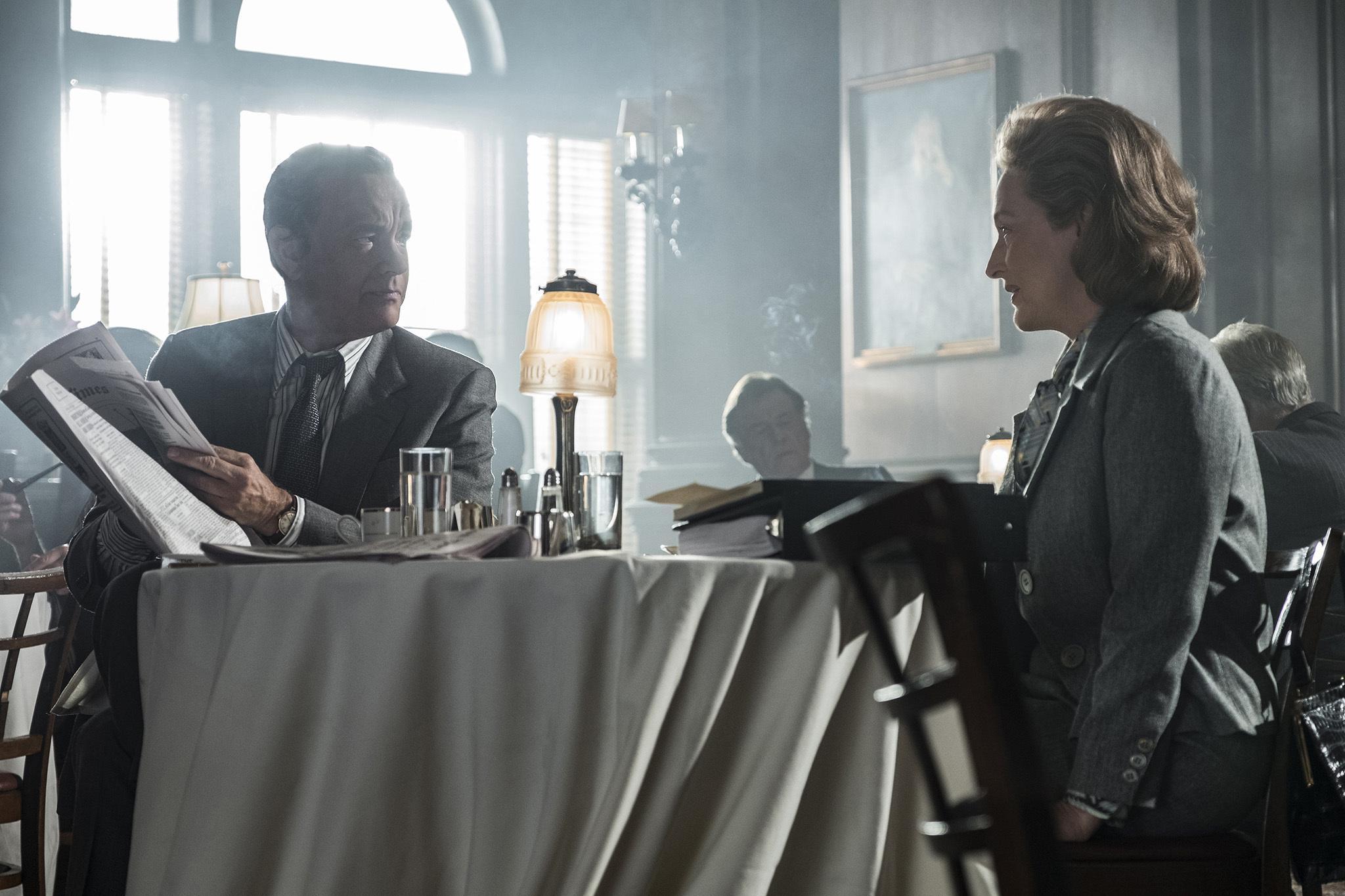
Your support helps us to tell the story
From reproductive rights to climate change to Big Tech, The Independent is on the ground when the story is developing. Whether it's investigating the financials of Elon Musk's pro-Trump PAC or producing our latest documentary, 'The A Word', which shines a light on the American women fighting for reproductive rights, we know how important it is to parse out the facts from the messaging.
At such a critical moment in US history, we need reporters on the ground. Your donation allows us to keep sending journalists to speak to both sides of the story.
The Independent is trusted by Americans across the entire political spectrum. And unlike many other quality news outlets, we choose not to lock Americans out of our reporting and analysis with paywalls. We believe quality journalism should be available to everyone, paid for by those who can afford it.
Your support makes all the difference.The film The Post tells of the tense days leading up to The Washington Post’s decision in 1971 to publish the Pentagon Papers, the government’s secret history of the Vietnam War. The New York Times had broken the story but was prohibited from running the full series after the Nixon administration won a court injunction. That’s when The Post took up the story.
Directed by Steven Spielberg, the film stars Meryl Streep as Katharine Graham, The Post’s publisher, who came into her own by defying President Nixon’s order, and Tom Hanks as the legendary editor Ben Bradlee. It is also the first time these three Hollywood icons have all worked together. I recently spoke with Hanks and Streep about the film’s uncanny parallels with today, their thoughts on the Weinstein moment and what it’s like following in the footsteps of what is arguably the best newspaper movie ever, All the President’s Men, starring Jason Robards as Bradlee. Here are edited excerpts from our conversation.
Did either of you go in thinking: “Well, the definitive Washington Post movie was made. Are we up against that?”
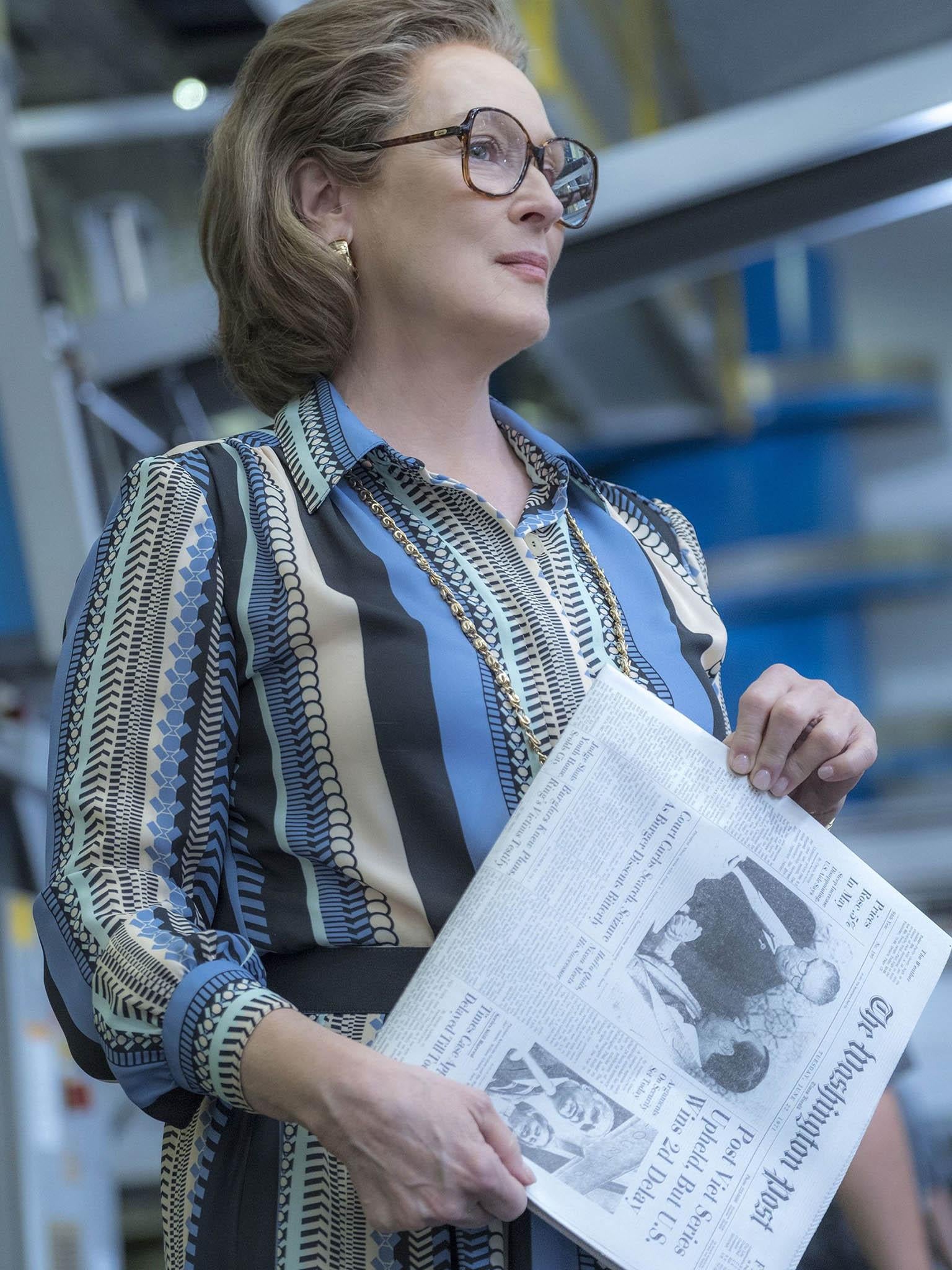
Streep: I didn’t think the definitive Washington Post movie was made. It was a great movie, but it neglected to mention Katharine Graham and her central position. She was glancingly there.
Hanks: There was a reference to her.
(To Hanks) Especially you stepping into a role that was iconically done. How do you go about that differently?
H: I viewed this as the story of the week that Katharine Graham became Katharine Graham. In which case, I had the juicy aspect of playing the only ally she had. You know, philosophically, the relationship that they had was based on so much stuff. You might as well just call it love, respect, empathy, understanding, professional moxie.
S: Mutual admiration.

H: It’s also cantankerous, like when he said: “Katharine, get your finger out of my eye.” From the moment we both read it and said, “oh, I’m not going to let this pass me by”, it grew into the specifics of what the Pentagon Papers were. It actually bolstered the story of the week that Katharine Graham became Katharine Graham.
She was filled with such self-doubt. And it dogged her her whole life. She felt like she was in a holding pattern until her son came of age and became the publisher. Where do you think she found that mettle to say: “Let’s do it, let’s publish?” Her advisers were against it.
S: Where do the hardest things come from? They come from deep. Usually they come from your parents. Her father was a formidable figure, and her mother was even more terrifyingly important in her life. Absent, but the absence was important. Katharine Graham was someone who was a product of her time. It was the whole culture that undermined all women, especially women that should’ve had the most agency of all – highly educated wealthy women who had every opportunity to step into important places in life but they sat back. The more I read about her, the more I thought: “Who do you think you are trying to be – Katharine Graham?” She was so thoughtful, deep-principled and wily in that way that women had to be when they were only the second tier of a society.

Watch Apple TV+ free for 7 days
New subscribers only. £8.99/mo. after free trial. Plan auto-renews until cancelled

Watch Apple TV+ free for 7 days
New subscribers only. £8.99/mo. after free trial. Plan auto-renews until cancelled
H: There was that moment where the men stayed and talked about policy and current events, and the women went in the other room.
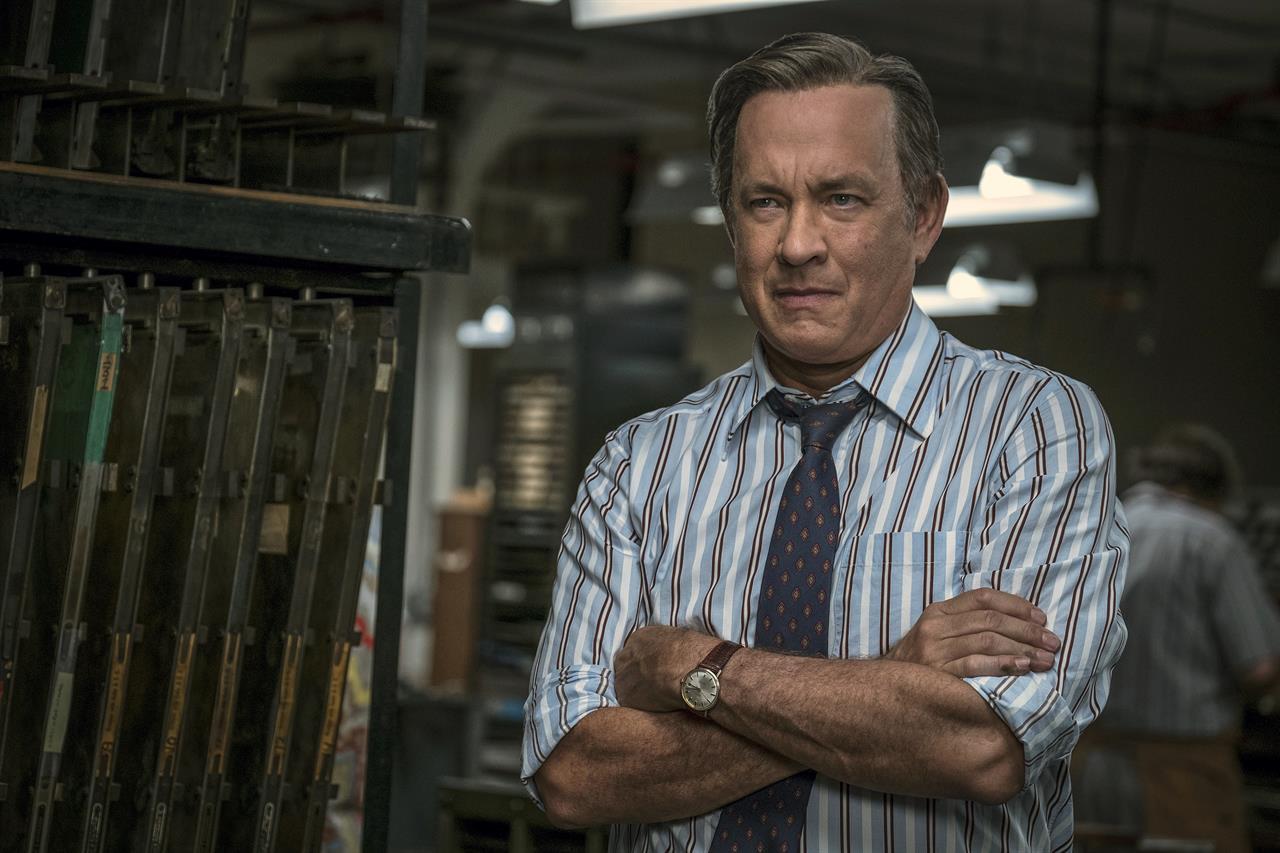
I didn’t know that still happened in the early 1970s.
S: You have to remember that I was in graduate school when I was first allowed to get a credit card without a male family member signing for me.
The film is a model for men and women working together respectfully, which, who would have thunk it, is what we need, that good example.
S: Yeah, but just think if I had been the managing editor of The Washington Post and you had been my publisher. If I said: “Get your finger out of my eye.”
H: You would’ve been a bitch.
S: I would’ve been fired. And that’s what I mean about the imbalance. There’s a tolerance for a certain kind of thing. I think women also have to step up and get able to do that.
There are echoes of Nixon in what we’re hearing now from the White House, with the difference being that the person in the White House is saying that real reporting is “fake news”. Was it gratifying to do a movie set when people actually believed things?
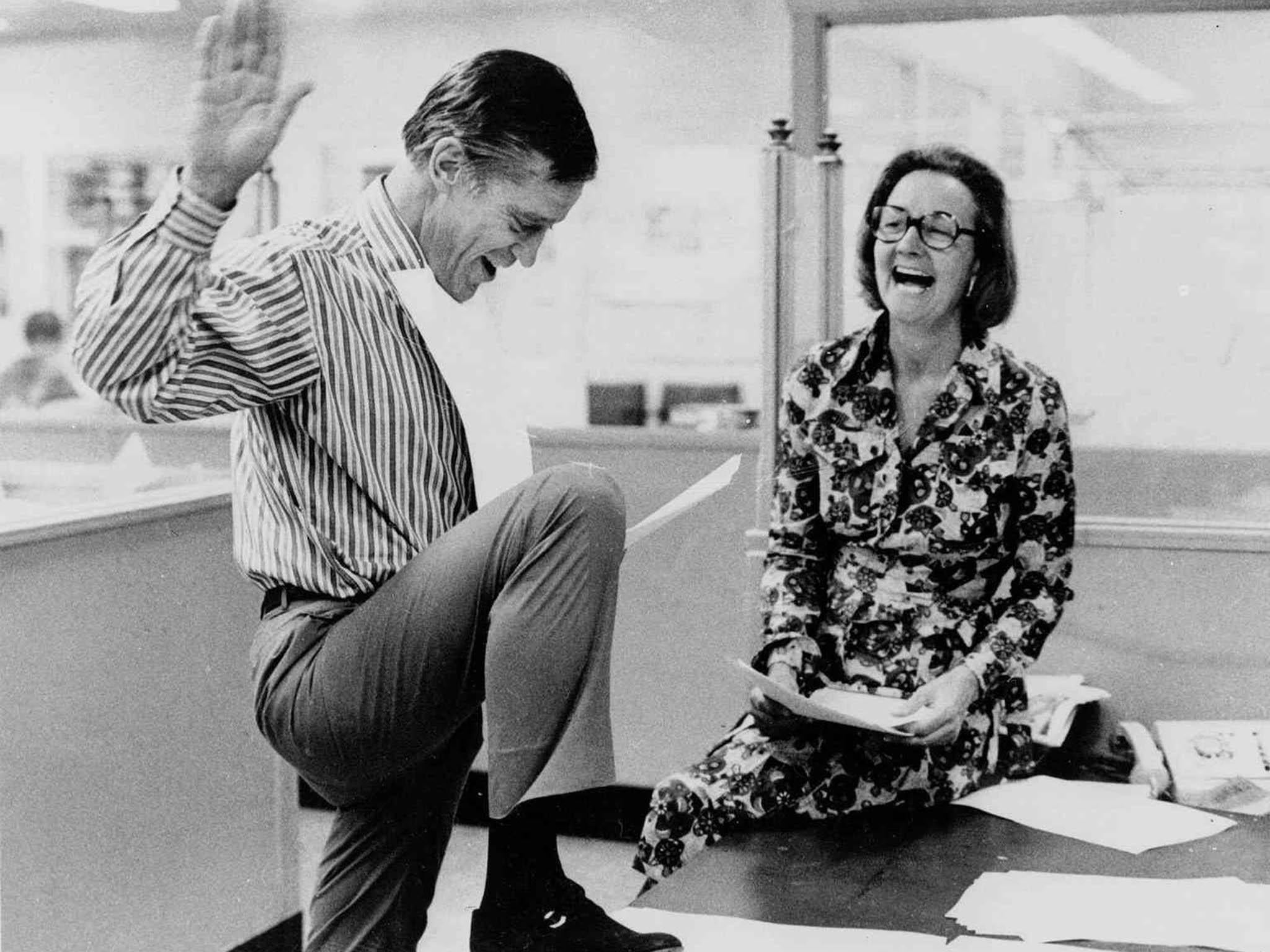
H: The assault on the First Amendment under the Nixon administration was old school, a D-Day version of “let’s stop this story because it’s national security and they’re traitors if they print it. Because if they dare print it, they’ll find out that we lied. And if they know that we’re lying, we can’t do our jobs.” What’s happening now is this guerrilla war that is going on against the First Amendment. This idea now that has actually been verbalised by various people high up in the current administration, that there is such a thing as [an] “alternative fact”. It gives validation to what is patently false, that the purveyors know is a lie, and worse, know that it is completely unconfirmed and is scurrilous. And in that realm comes some degree of the same message: “Don’t let them find out the truth, because if so we can’t stay in power.” All of this stuff that was going on was not lost on any of us.
How do we rebuild faith in these institutions?
H: Well, I think it’s a marathon. It’s the long haul. Eventually I think the truth does come out.
At The New York Times, colleagues feel that this is a New York Times story. They broke the Pentagon Papers. What are your thoughts on that?
H: I read an article before we even started shooting, which was: “How dare they do this movie about The Washington Post when it was us?” We’re all reacting off what The New York Times did. They did not have Katharine Graham. They did not have that side of it. The Times gets all the props in the world. Have [your colleagues] rest assured that they get props.
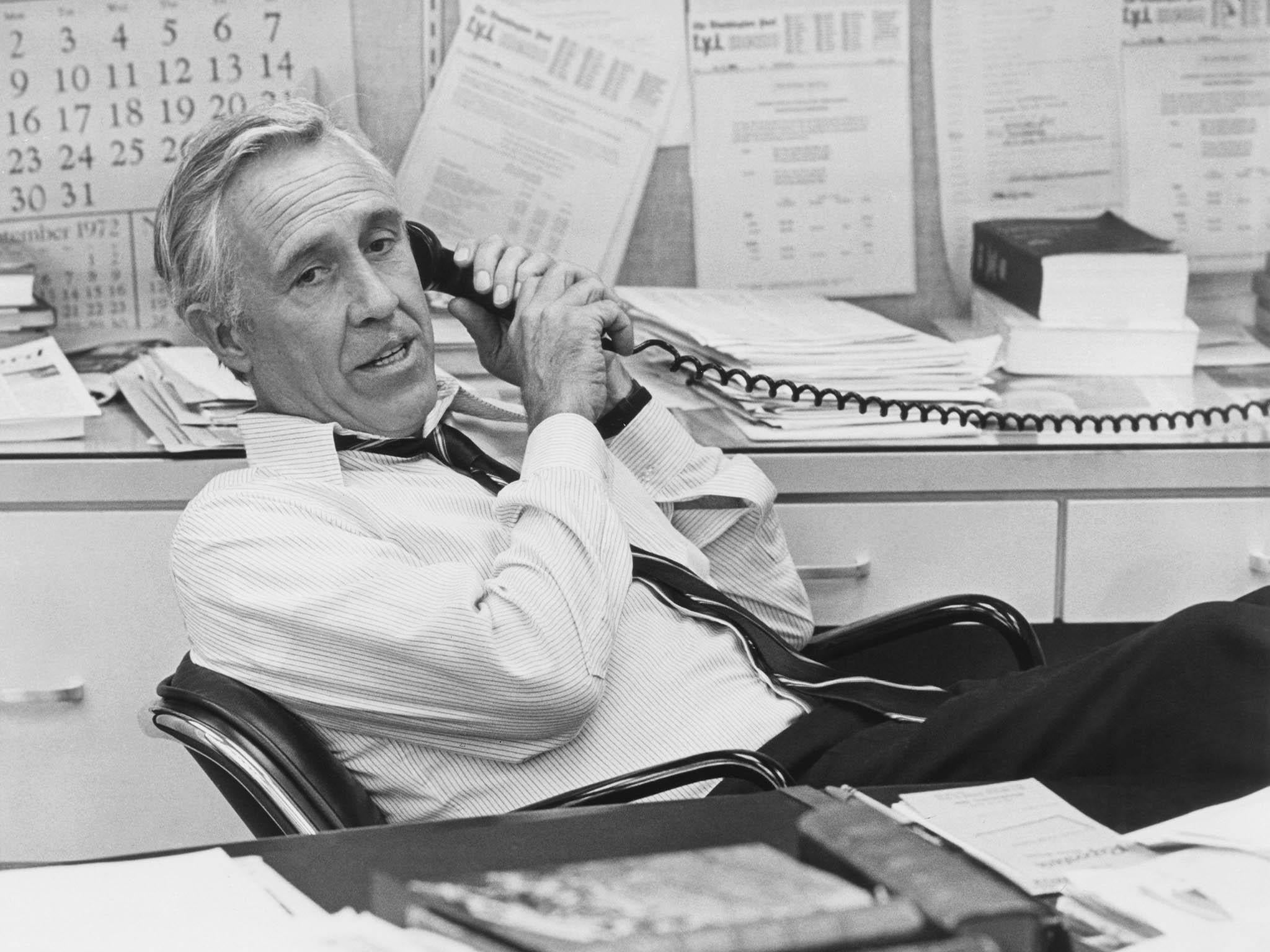
I’ve got to shift conversation to the news these days, sexual harassment. One thing that struck me after the Harvey Weinstein accusations broke was people were saying: “What is Meryl going to say?” They were waiting for you.
S: I know. I found out about this on a Friday and went home deep into my own life. And then somebody told me that on “Morning Joe” they were screaming that I haven’t responded yet. I don’t have a Twitter thing or – handle, whatever. And I don’t have Facebook. I really had to think. Because it really underlined my own sense of cluelessness, and also how evil, deeply evil, and duplicitous, a person he was, yet such a champion of really great work.
You make movies. You think you know everything about everybody. So much gossip. You don’t know anything. People are so inscrutable on a certain level. And it’s a shock. Some of my favourite people have been brought down by this, and he’s not one of them.
What do you make of the fact, though, that people are waiting for you to speak?
S: I don’t want to hear about the silence of me. I want to hear about the silence of Melania Trump. I want to hear from her. She has so much that’s valuable to say. And so does Ivanka. I want her to speak now.
What have you experienced over the years and how have you dealt with it?

S: I have experienced things, mostly when I was young and pretty. Nobody comes on to me [now]. So I wouldn’t have had that more recently. But back in the day, when everybody was doing cocaine, there was a lot of behaviour that was inexcusable. But now that people are older, and more sober, there has to be forgiveness, and that’s the way I feel about it.
Do you want to go into specifics?
S: No, no, I don’t. I mean, I was really beaten up, but I don’t want to ruin somebody’s mature life. I just don’t. I do think if the world is going to go on, we have to find out a way to work together, and know that it’s better for men if they respect us deeply as equals.
Going back to your early days, people are wondering if you had problems with Dustin Hoffman, and your thoughts on the talk around him, to put it euphemistically. Did he slap you?
S: That was when we were making Kramer vs Kramer. This is tricky because when you’re an actor, you’re in a scene, you have to feel free. I’m sure that I have inadvertently hurt people in physical scenes. But there’s a certain amount of forgiveness in that. But this was my first movie, and it was my first take in my first movie, and he just slapped me. And you see it in the movie. It was overstepping. But I think those things are being corrected in this moment. And they’re not politically corrected; they’re fixed. They will be fixed, because people won’t accept it anymore. So that’s a good thing.
(To Hanks) What do you make of this #MeToo movement?
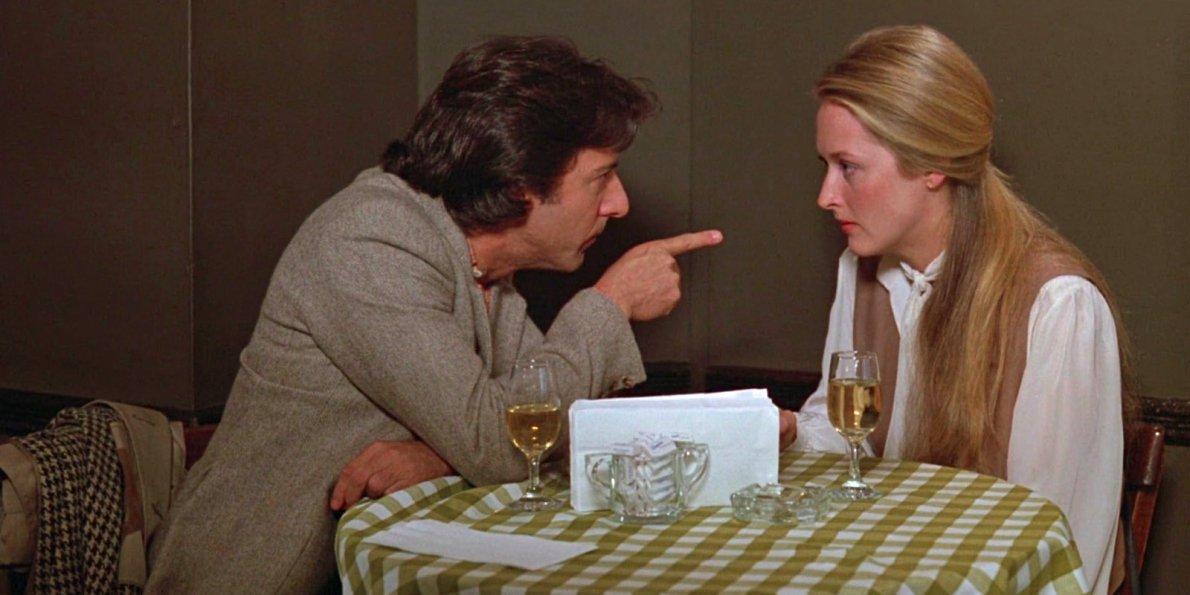
H: I know that I have participated in crude humour worthy of a baseball locker room on a set. And that’s bad words, and a degree of stupid sexuality in the confines of the circus. I was asked by Diane Rehm on NPR if I had ever been aware of this type of sexual predatory behaviour. And I said: “Well, it’s easy to say no. I mean, I’m oblivious to an awful lot of this. But I’d be a fool to say that it’s never happened on some job I’ve had, because I’m not in every office.” But four days after the Harvey Weinstein stuff broke someone wrote: “Who says it’s too late to learn new behaviour?” There’s no reason not to view this as a reckoning that is going to make us a better society.
S: There shouldn’t be the idea of a locker room. The payload is unloaded on women, because that’s the last group it’s kind of OK to demean, degrade.
Did either of you feel – “complicit” is a tough word, but that you might have put on blinders?
S: Well, honestly for me in terms of Harvey, I really didn’t know. I did think he was having girlfriends. But when I heard rumours about actresses, I thought that that was a way of denigrating the actress and her ability to get the job. That really raised my hackles. I didn’t know that he was in any way abusing people. He never asked me to a hotel room. I don’t know how his life was conducted without people intimately knowing about it.
H: I would claim that I was never knowingly complicit, but that doesn’t mean I wasn’t oblivious. You know what’s oddly liberating about this is that we would go off and make movies that have absolutely nothing to do with any of these topics, but journalists bring them up, you know?
S: But that’s because we have the pulpit. You don’t know that when you go to drama school. You take out those loans, you think: “Well, maybe I can pay those back.” You don’t think somebody’s going to ask you to make a speech in front of the Committee to Protect Journalists.
H: Or whether social security should be privatised.
Do you think it’s out of place?
H: No, not on this movie.
S: It’s great to be asked to step up because you know what, everybody should.
H: And this movie – this is what this entire film deals with. We made this movie about 1971, but it really is about 2017. There’s no reason not to get involved in what this overpowering discussion is about.
You’re both beheld as icons. The Post review said, “icons playing icons”.
H: Oh dear.
S: Uh oh.
H: Oh my.
S: Good thing we don’t read the reviews.
H: Here comes hubris right up the track to take us down.
But you’d never worked together before. Had it come close?
H: I will say that I’ve never been actively involved in something that, quite frankly, warranted Meryl to be in the movie.
‘The Post’ is out on 19 January
© The New York Times
Join our commenting forum
Join thought-provoking conversations, follow other Independent readers and see their replies
Comments